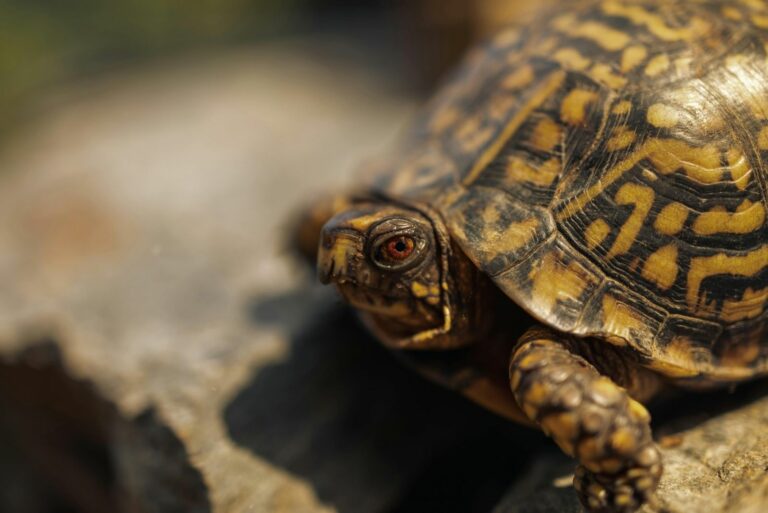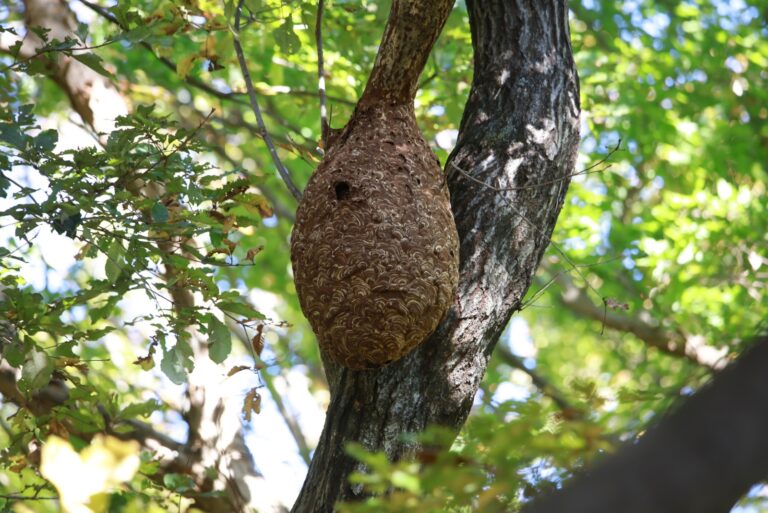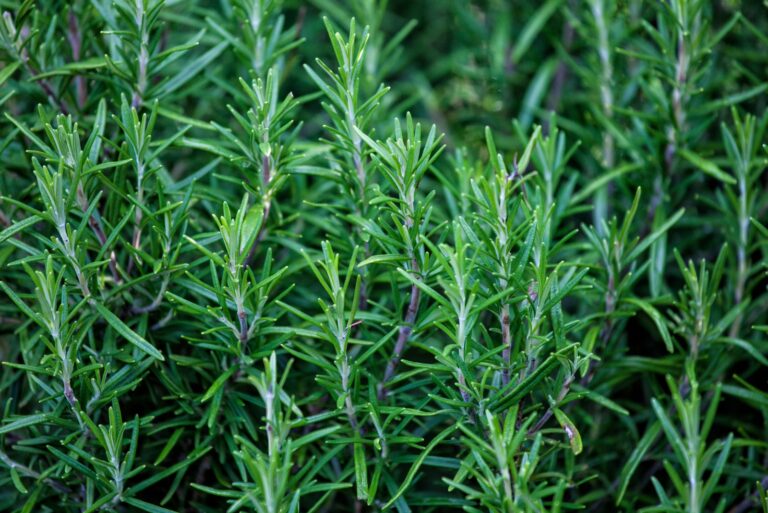9 Things To Be Aware Of Before Managing Raccoons Around Your Massachusetts Home
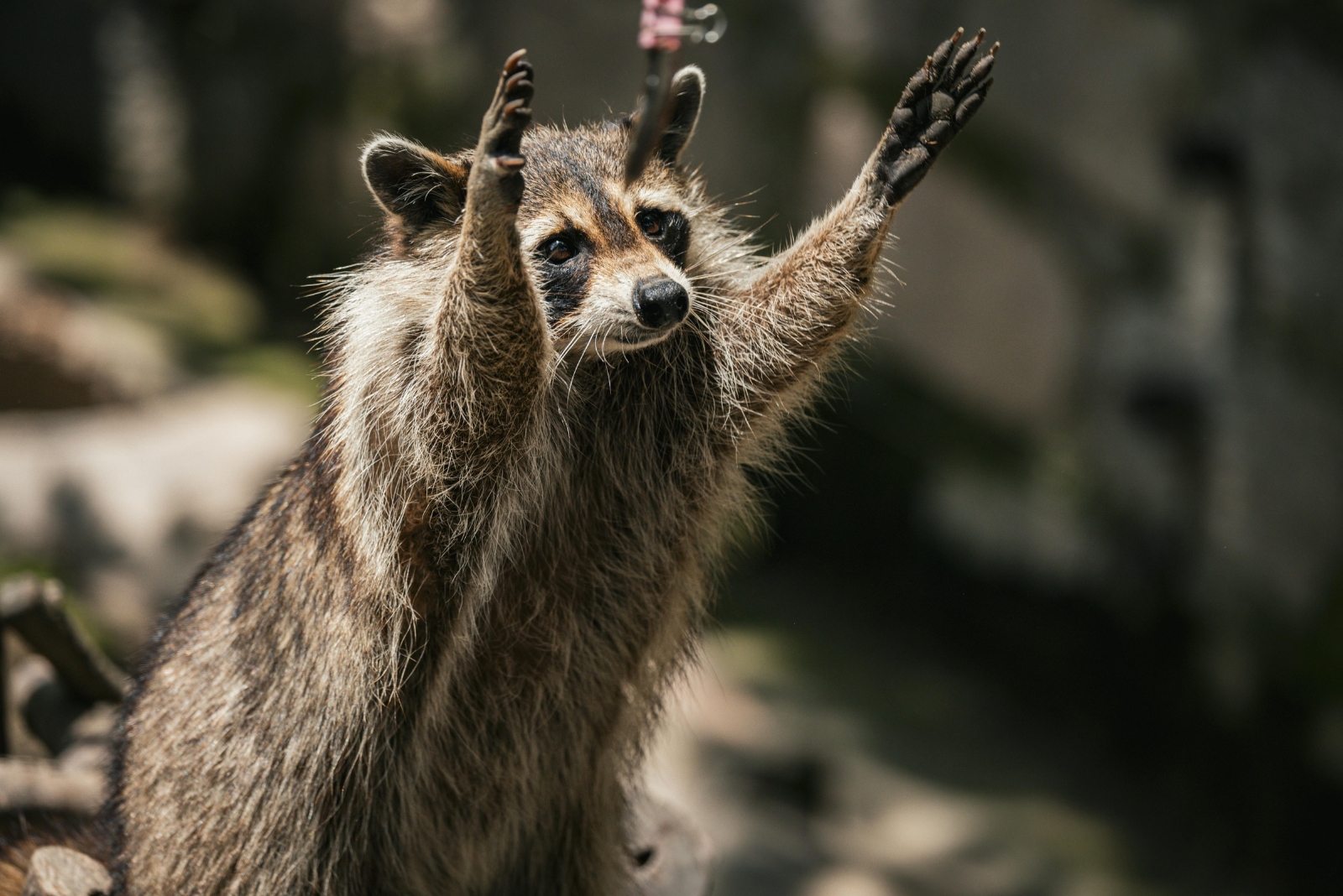
Raccoons show remarkable intelligence and persistence around Massachusetts homes. They exploit food access, shelter gaps, and human habits, which can lead to property damage or unexpected encounters. A careful approach respects wildlife laws, protects neighborhoods, and keeps households safe.
Solid preparation before any response makes the difference between a quick solution and a long-term problem.
1. Raccoons Carry Dangerous Diseases
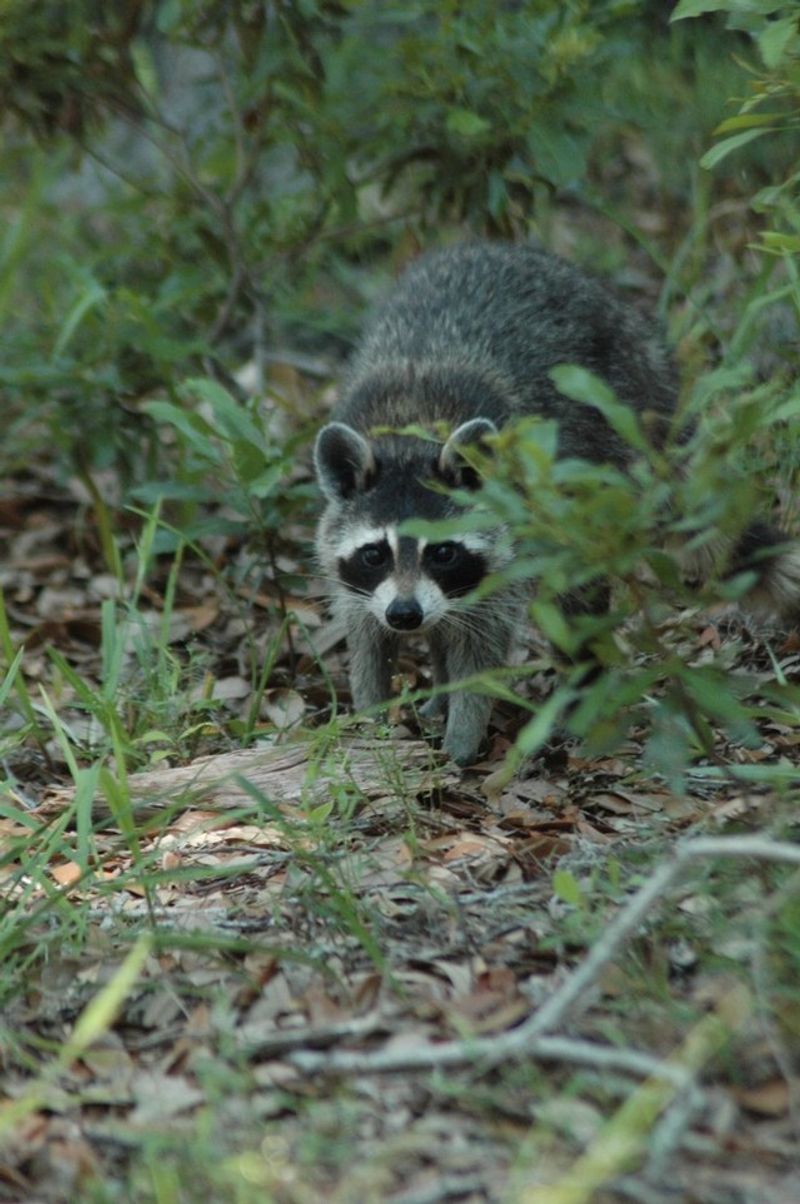
Massachusetts raccoons can transmit rabies, roundworm, and leptospirosis to humans and pets. Direct contact with their saliva, feces, or urine poses serious health threats that shouldn’t be ignored.
Rabies cases in raccoons remain common throughout the state, making any bite or scratch a medical emergency. Roundworm eggs in their droppings can survive for years in soil.
Always wear gloves when cleaning areas where raccoons have been, and never attempt to touch or feed wild raccoons, even if they seem friendly or injured.
2. State Laws Regulate Raccoon Removal
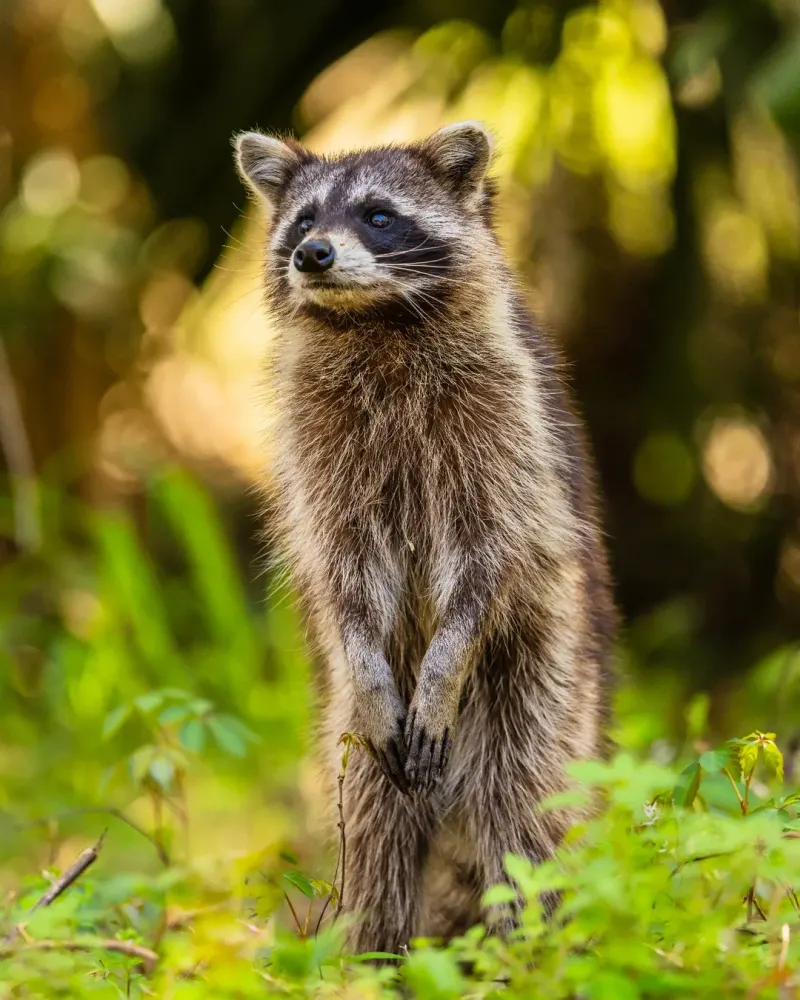
You can’t just trap and relocate raccoons anywhere you want in Massachusetts. State wildlife regulations require specific permits and dictate how homeowners can handle nuisance wildlife situations legally.
Releasing trapped raccoons on public land without permission is actually illegal. Many towns have additional local ordinances about wildlife management that add extra rules.
Licensed wildlife control operators know all the regulations and can handle removal properly. Violating these laws can result in hefty fines, so research requirements before taking action yourself.
3. Baby Raccoons Need Special Consideration
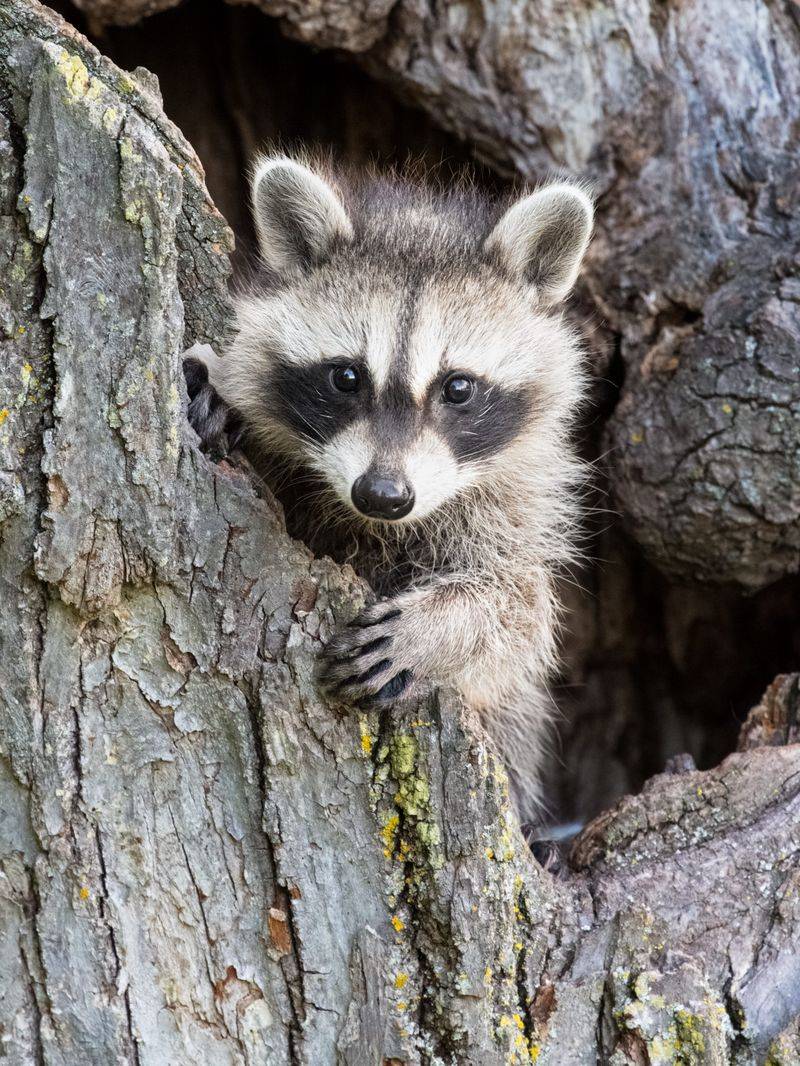
Spring and early summer bring baby raccoons, and separating mothers from their young creates serious ethical and practical problems. Mother raccoons become extremely aggressive when defending their babies, putting you at risk.
If you seal entry points while babies are inside, they’ll die and create horrible odors. The mother might tear through walls trying to reach them.
Wait until babies are old enough to leave with their mother, typically around 10-12 weeks old. Massachusetts professional wildlife experts can determine the best timing for humane exclusion.
4. Property Damage Can Be Extensive
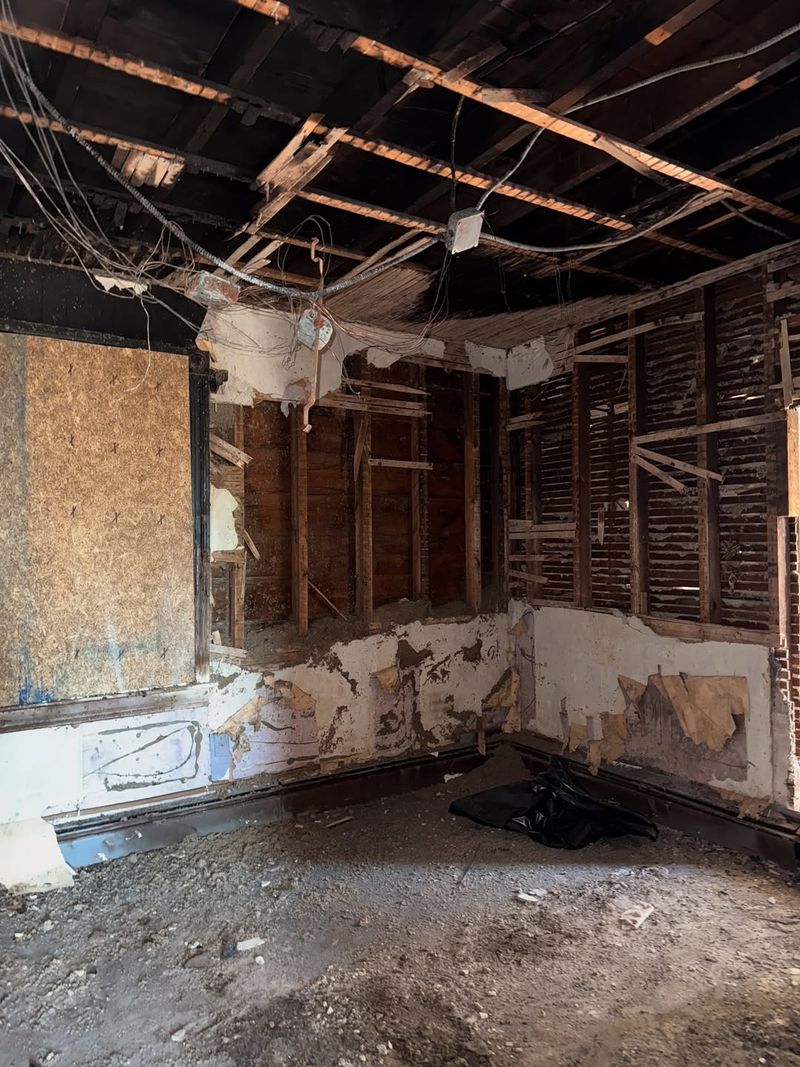
A single raccoon family can cause thousands of dollars in damage to your Massachusetts home. Their strong paws tear through shingles, soffits, and vents with surprising ease when seeking shelter.
Once inside attics or crawl spaces, they destroy insulation, chew electrical wiring, and leave contaminated waste everywhere. Water damage from torn roofing materials often follows.
Insurance policies vary on wildlife damage coverage, so check yours before problems escalate. Quick action prevents minor issues from becoming major renovation projects that drain your wallet.
5. Prevention Works Better Than Removal
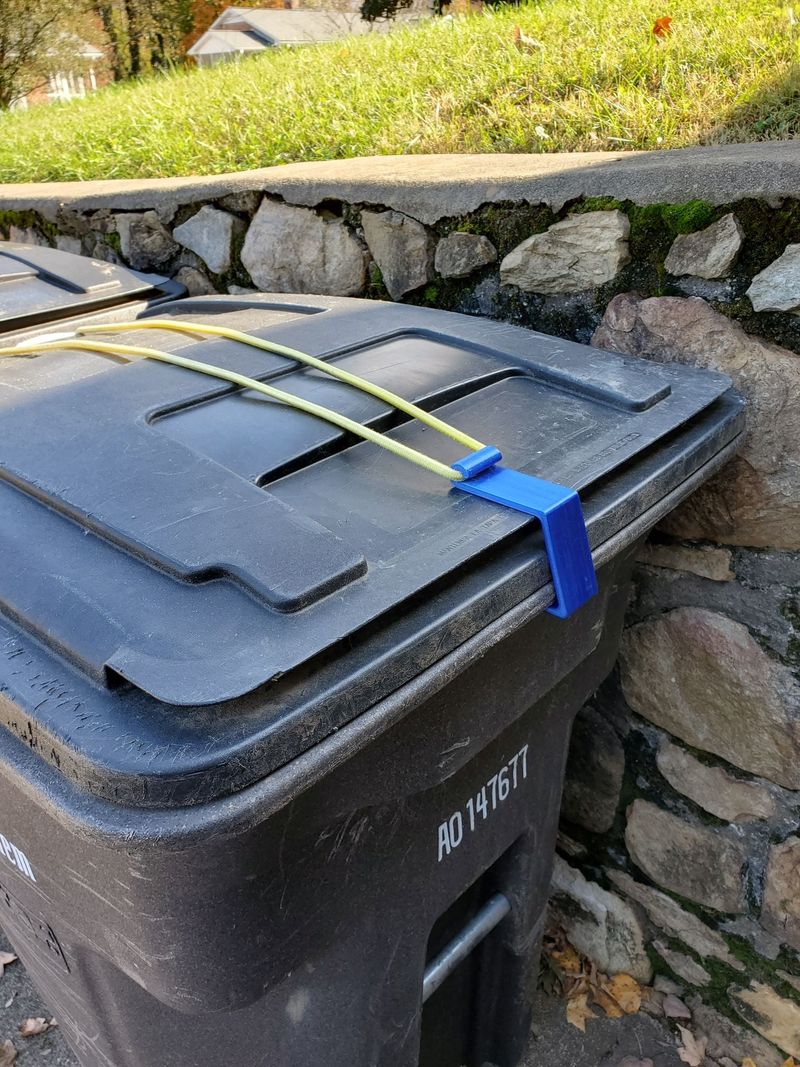
Stopping raccoons before they move in saves money, time, and stress compared to eviction efforts. Secure trash cans with locking lids and bring pet food indoors at night to eliminate food sources.
Trim tree branches within eight feet of your roof since raccoons are excellent climbers. Cap chimneys and repair any holes larger than three inches around your Massachusetts home’s exterior.
Motion-activated lights and sprinklers can deter curious raccoons from exploring your property. Regular inspections help you spot vulnerabilities before wildlife discovers them first.
6. Raccoons Are Surprisingly Smart
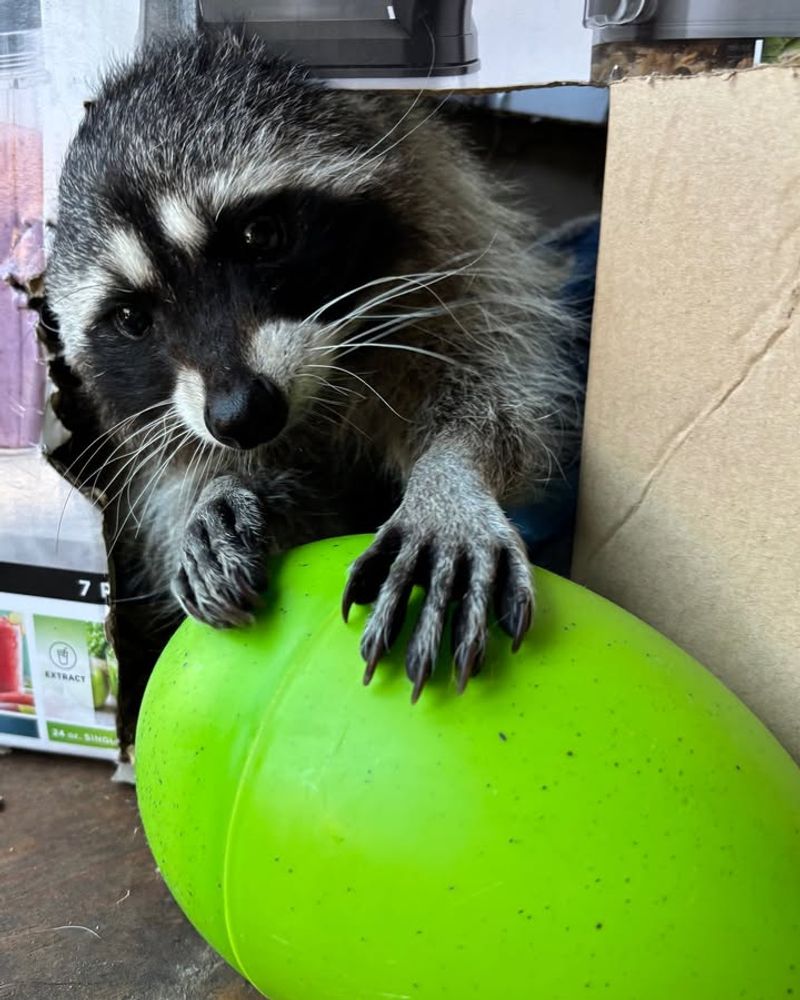
Don’t underestimate raccoon intelligence—they can open latches, remember solutions to problems, and adapt quickly to obstacles. Studies show they have problem-solving skills comparable to young primates in certain tasks.
Simple deterrents often fail because raccoons learn to overcome them through trial and error. They’ll test fences, doors, and containers until finding weaknesses.
Effective management requires multiple strategies and regular changes to your approach. What works today might not work next month as they figure out your patterns and defenses.
7. Professional Help Saves Headaches
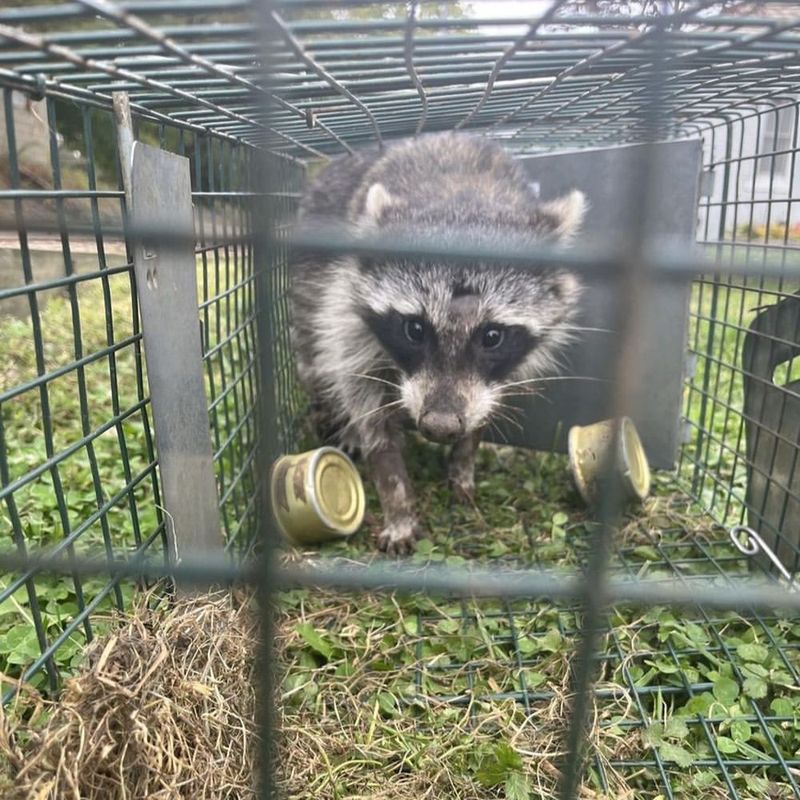
Licensed wildlife control operators in Massachusetts bring experience, proper equipment, and insurance that DIY efforts lack. They understand raccoon behavior patterns and know the most effective removal techniques for different situations.
Professionals also handle cleanup and contamination issues safely, reducing your disease exposure. Their repairs often come with warranties that your own work won’t provide.
While hiring experts costs more upfront, botched amateur attempts frequently lead to bigger expenses later. Consider professional services an investment in protecting your home and family properly.
8. Seasonal Patterns Affect Behavior
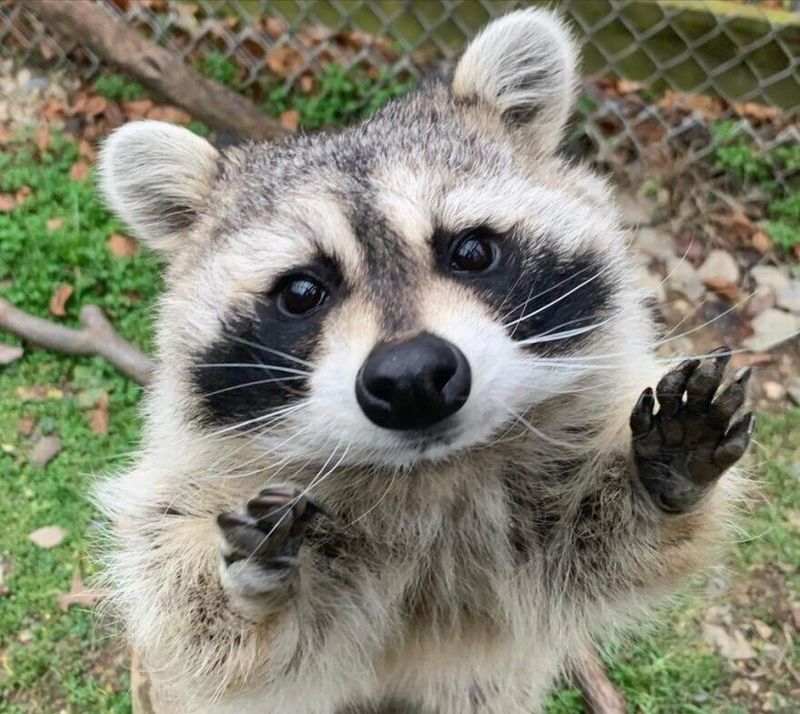
Raccoon activity changes dramatically throughout Massachusetts seasons, influencing when problems occur. Fall brings increased raiding of food sources as they prepare for winter by building fat reserves.
Winter drives them to seek warm shelter, making attics and chimneys particularly attractive during cold months. Spring means breeding season and protective mothers establishing dens for babies.
Understanding these patterns helps you anticipate problems and take preventive action at optimal times. Summer offers the best window for permanent exclusion work once young raccoons have matured and left.
9. Your Pets Face Real Risks
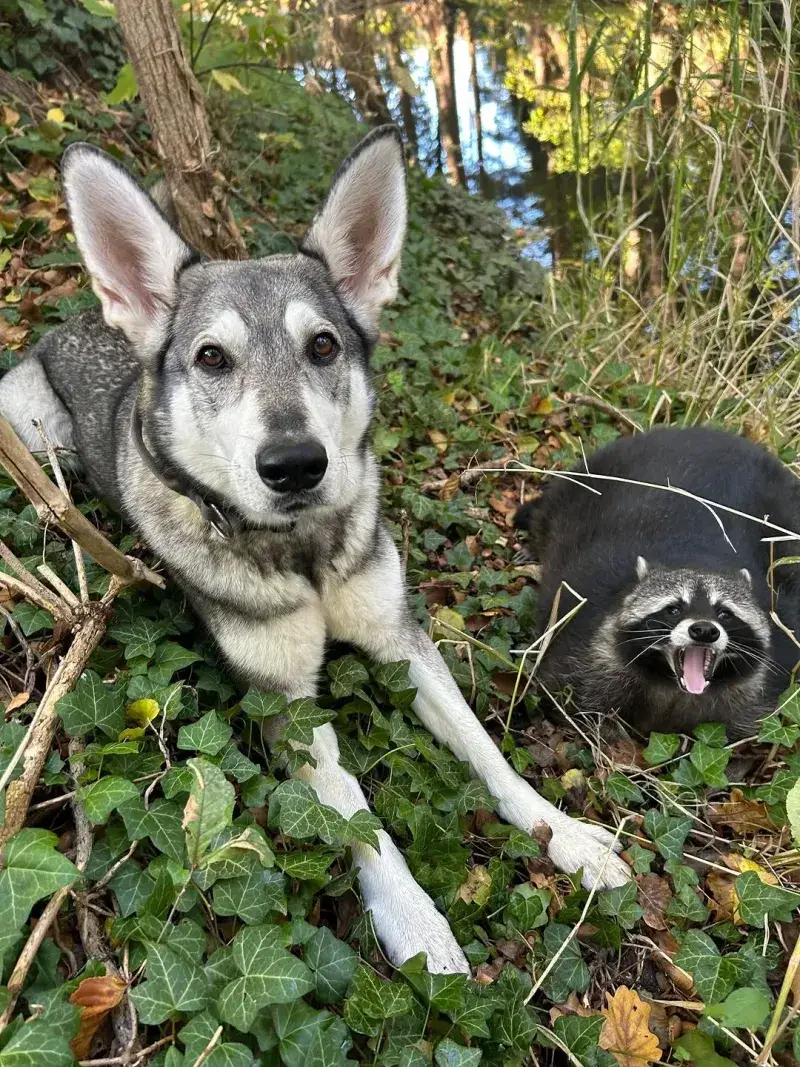
Confrontations between pets and raccoons can turn violent quickly, especially if dogs corner them or cats encounter them at night. Raccoons fight fiercely when threatened, using sharp teeth and claws effectively.
Even if your pet wins the fight, exposure to rabies or other diseases makes every encounter dangerous. Vet bills from raccoon injuries often run into hundreds or thousands of dollars.
Keep pets indoors during dawn and dusk when raccoons are most active. Supervise outdoor time and ensure vaccinations stay current to provide some protection against disease transmission.


